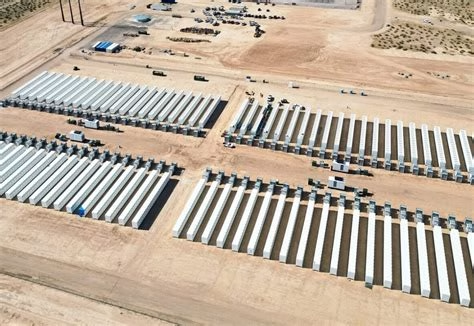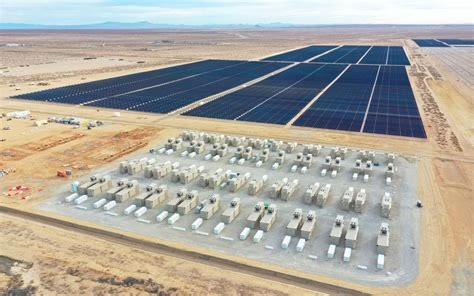Japan’s Sumitomo Corporation, Shikoku Electric Power (Yonden), Chubu Electric Power, and Saudi’s ACWA Power have secured financing agreements to develop Uzbekistan’s largest solar and battery energy storage system (BESS) project. The project covers 1,000 MW of solar capacity, set at two 500 MW sites in Samarkand and Bukhara, and 1,336 MWh of BESS. Uzbekistan’s largest solar and battery storage project is also under a 25-year power purchase agreement (PPA) with state-owned JSC National Electric Grid of Uzbekistan (NEGU). Bukhara is also home to Uzbekistan’s first utility-scale solar and battery project developed by UAE’s Masdar who is also developing Uzbekistan’s largest standalone BESS, Zarafshan. The hybrid project aims to support the country’s target of generating more than half of its power from renewables by 2030.
The solar and BESS project expects completion after 2027. The first site is expected to start commercial operation in 2027, while the second follows in 2028.
As per the financial agreement with Uzbekistan for its largest solar and battery storage project, ACWA Power holds majority of the shares at 51 percent. Sumitomo holds a 20.2 percent share, while Chubu and Yonden each hold 14.4 percent.
Factsheet for Uzbekistan’s Largest Solar and Battery Storage Project
Project Name: Samarkand and Bukhara Solar-BESS Project
Capacity: Solar PV at 1,000 MW and battery storage at 1,336 MWh
Location: Samarkand and Bukhara in Uzbekistan
Developers: ACWA Power, Sumitomo Corporation, Shikoku Electric Power and Chubu Electric Power
Offtaker: JSC National Electric Grid of Uzbekistan (NEGU) under a 25-year PPA
Project Completion Date: Site 1 by 2027. Site 2 by 2028
Financing Agreements: Signed October 2025 with (JBIC), ADB, European Bank for Reconstruction and Development (EBRD), Islamic Development Bank among lenders. Private loan portion covered by Japan’s NEXI insurance.

Project Timeline
September 2024: ACWA Power and Sumitomo Corporation sign joint development agreement for solar and battery storage projects in Uzbekistan.
January 2025: Uzbekistan announces roadmap to build large scale solar and battery projects.
October 2025: Project financing agreements for the largest solar and BESS project in Uzbekistan signed. Capacities rated at 1 GW solar and 1.3 GWh BESS project.
2027: Target commissioning date of first 500 MW solar and 668 MWh BESS.
2028: Expected completion date of second 500 MW solar and 668 MWh BESS.
Outlook on Uzbekistan’s Largest Solar and Battery Storage (BESS) Project
Once operational, Uzbekistan’s largest solar and battery storage project will significantly increase the Central Asian country’s renewable energy capacity. This is expected to ease reliance on natural gas, and provide grid stability benefits through the BESS.
The use of two sites for the project also allows for phased commissioning, which is especially important in the aspect of commercializing the project. Also in phased development further down southeast is the US$ 3 billion Terra Solar and BESS Project in the Philippines. The mega project has a capacity of 3.5 GW solar and 4 GWh battery storage.
Jobs and the impact on local economies expected during the engineering, procurement and construction phases are also not to be overlooked.
Uzbekistan’s Energy Landscape
Uzbekistan’s energy portfolio has historically been dominated by natural gas. Hydrocarbon fuel sources serve about 80 percent of the Central Asian country’s power demand. When it comes to clean energy targets, the country plans to increase its share of renewables to around 30 percent by 2030.
Powered by high solar irradiation potential, closing financial agreements on Uzbekistan’s largest solar and battery storage project by ACWA, Sumitomo and partners is not only worthwhile but also strategic. The project is a great foothold for Sumitomo and its partners in Central Asia’s renewable energy sector. The involvement of leading Japanese institutions such as JBIC, NEXI and other lenders is also seen by some as Tokyo’s play in the game of geopolitical and economic outreach.

Leave a Reply